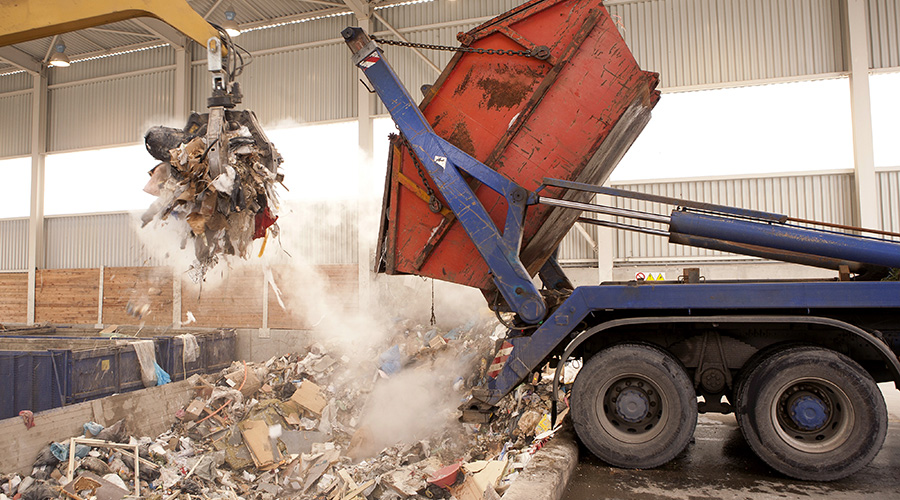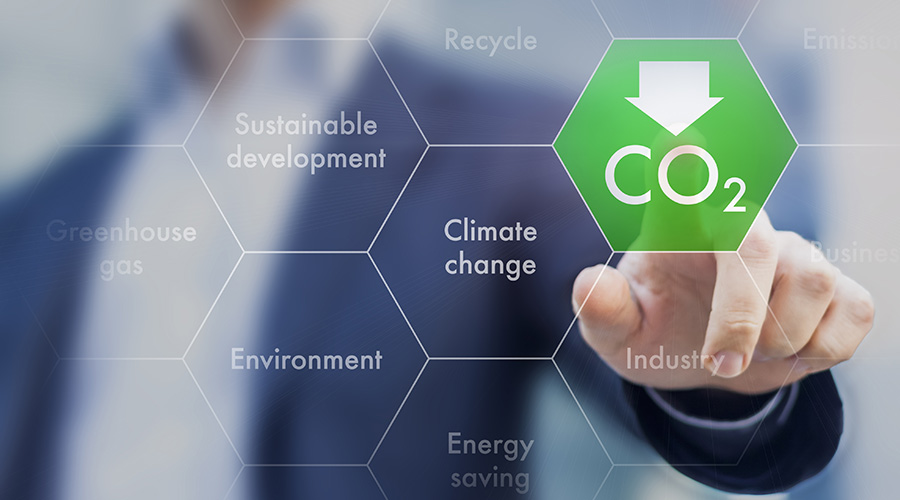IFMA's Sustainability Programs Can Help FMs Meet Sustainability Goals
The International Facility Management Association (IFMA) has developed educational programs revolving around professional competencies that arm a facility manager with the knowledge, guidance, and experience involving both sustainability and workplace management. Mastering these IFMA sustainability programs is a sure-fire way for facility managers to meet sustainability goals and place themselves as the leading candidate for sustainability executive.
Guided by a periodic global job task analysis and subsequent trend reports, facility managers are kept apprised of important topics in the field and in business around the world. Through the building blocks provided by competencies such as operations and maintenance, project management, finance and business, and leadership and strategy (as taught in the IFMA facility management professional certification course), the facility manager has to understand these foundations of his or her profession and how they relate directly to the organization in general, as well as to the organization's approach to sustainability specifically.
Supplementary competencies that deal with communication, quality assurance, human factors, and real estate and property management help round out the overall perspective necessary for a facility manager to fully support all occupants.
In an effort to stay ahead of the curve to continually deliver high performance buildings and quality working experiences, three new competencies were recently developed: emergency preparedness and business continuity; technology; and environmental stewardship and sustainability.
IFMA has also developed the Sustainability Facility Professional (SFP) credential to further strengthen the facility management role as it deals with high performance buildings and sustainable business practices. Not only has a new competency and a new certificate program been developed encompassing this topic, related concepts and terms have been integrated into all the competencies to ensure that everything a facility manager does has relevance to an overall sustainability management system.
Mastering the Eleven
The mastery of IFMA's 11 competencies is key to career development for facility managers. It sets the table for a facility manager to competently drive proactive sustainability efforts from an organizational viewpoint. What follows is a short description of each competency.
1. �Environmental Stewardship and Sustainability
A facility manager must be aware of the impact a building and an organization have on the environment and the community while still creating positive contributions to the financial well-being of the organization. Environmental stewardship implies a commitment to being socially responsible in the preservation of the natural environment while minimizing the consumption of water, energy, and other resources. The concept of sustainability serves two masters in the context of facility management, applying to both operations and to the actions of sustaining a corporation over the long term. This competency focuses on those aspects as a stand-alone precept and as it applies to all the other competencies in the facility management world.
2. �Leadership and Management
Knowing the difference between being a leader and being a manager is an important distinction of which facility managers are fully aware. Being able to guide for results and objectives and being able to manage the process that will achieve those ends is an important part of any initiative, be it sustainability on a facility basis or at a corporate level.
Related Topics:















